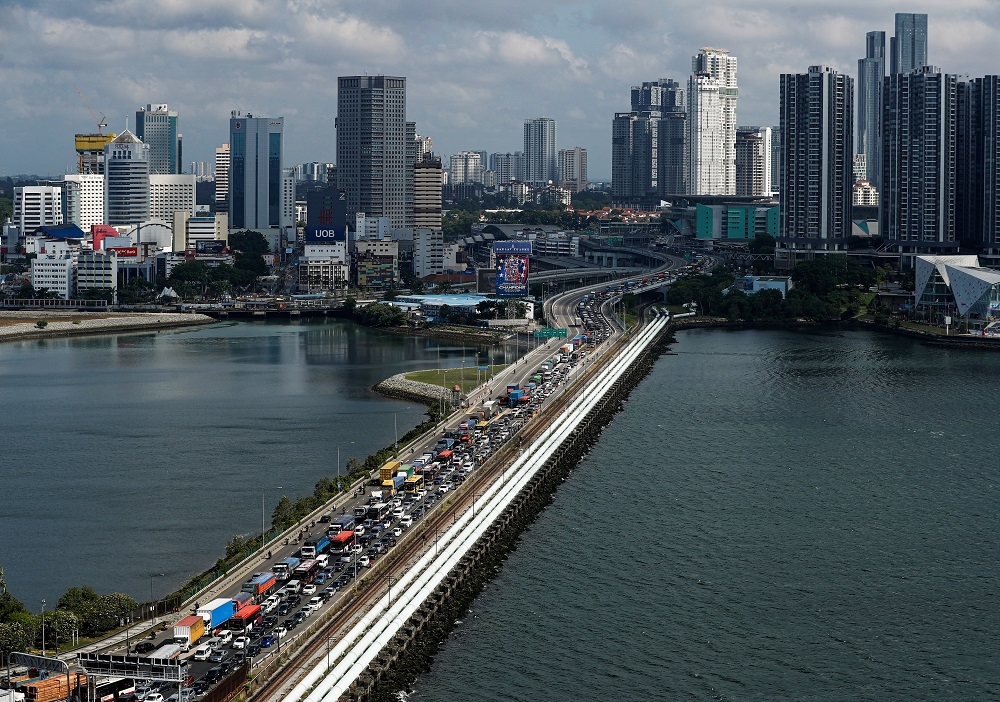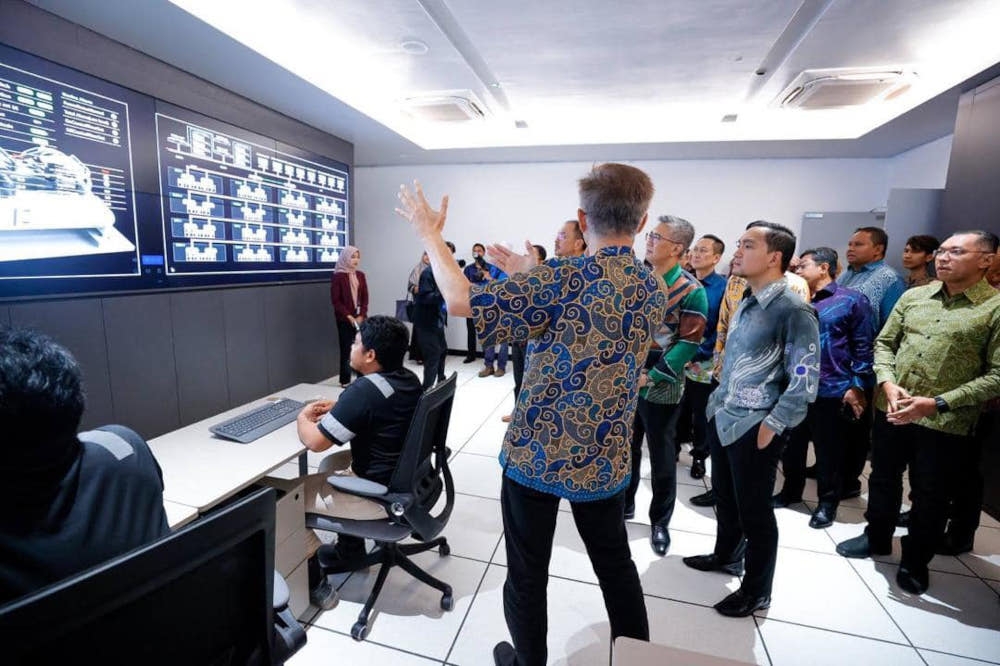JOHOR BARU, Aug 23 — Oft seen as a supporting actor in Singapore’s story, Johor is about to embark on a massive new chapter of its own as the data centre capital of Malaysia and the region.
With the world’s largest tech companies taking a foothold in the state as part of the global scramble to meet demand for cloud computing and artificial intelligence (AI), Johor has already seen billions of dollars flood in and fuelling a boom that could alter its course for the foreseeable future.
In just the last two years, the southern-most state of the peninsula has drawn more than 50 date centre projects into its territory, putting it on track to become the regional hub at a time when investors’ fascination with all things AI continues unabated.
For 2024, property analyst Samuel Tan said that Johor is also on track to attract around RM17 billion in investments for data centres alone.
He said this will mainly come from established technology companies that include YTL Group, Yondr Group, AirTrunk, MN Holdings, GDS Holdings, and Equinix.
“Malaysia, and Johor in particular, are among the main data centre hubs in Southeast Asia due to its strategic location, political stability, and growing digital economy.
“Malaysia also has a well-established telecommunications infrastructure with several undersea cables that provide high-speed internet connectivity to other countries in the region,” he told Malay Mail when contacted recently.
Tan, whose views are regularly sought for Johor’s economic growth and trends, pointed out that the state and federal government’s policy also played a role in the southern state’s growing role in data centres.

“Malaysia launched the Digital Ecosystem Acceleration scheme as part of its tax reforms in 2022, waiving taxes on all qualifying investments by digital infrastructure providers.
“The government is also working with state-run utilities to ensure data centres receive a stable supply of electricity,” he said, adding that the New Industrial Master Plan 2030 includes the promotion of digitisation as a major contributing area for Johor’s growth as a regional data centre hub.
The tech world’s fascination with Johor is not without reason. Its proximity with Singapore allows firms to operate close to the republic while enjoying far cheaper infrastructure, land, and utility costs in Malaysia, with the latter two being key considerations for data centres.
According to the Arizton advisory and intelligence research outlet, the data centre market in Malaysia is expected to grow at a compounded annual growth rate of 9.41 per cent throughout the 2022 to 2028 period.
In May, data centre news site Baxtel ranked Johor as the ninth-largest data centre market in Asia Pacific.
UniKL Business School economic analyst Associate Professor Aimi Zulhazmi Abdul Rashid said recent investments by Google and Microsoft — two of the so-called Magnificent Seven of AI firms — were certain to spur others to follow suit in Johor. Nvidia, the current darling of firms in the AI space, will also be in Johor through its partner, YTL.
Aimi said their entry into Johor will build up the supply chain and infrastructure that would further enhance Johor’s attractiveness as a data centre hub.
“Johor certainly ticks the right boxes due to its proximity, availability of space, abundant supply of energy as well as human resources,” he said.
More importantly for Johor and Malaysia is that the state’s rise as a data centre hub will see it become a source of well-paying jobs needed for the country to reach its ambition of becoming a high-income and developed nation.

Johor Menteri Besar Datuk Onn Hafiz Ghazi has been on a mission to ensure that Johor can supply the highly-skilled workers needed to support the data centres, but also that they are paid fairly for this.
In July, he pushed for Malaysian workers to be paid half of what Singapore counterparts were getting for AI roles, saying companies would still enjoy lower costs on aggregate operating out of his state even if they agreed to his proposal.
According to Johor's Investment, Trade, Consumer Affairs, and Human Resources Committee chairman Lee Ting Han, the key now was to ensure the state tapped the data centre boom for other sectors to ensure the development would not be fleeting.
“In addition, there will be an emergence from surrounding and related industries such as data server rack manufacturing, printed circuit boards, cooling systems and others.
“For the long term, AI is set to be the future trend and we have to really look at how to leverage on data centres as a hard infrastructure and backbone to the digital economy,” he said.
Recommended reading:



















